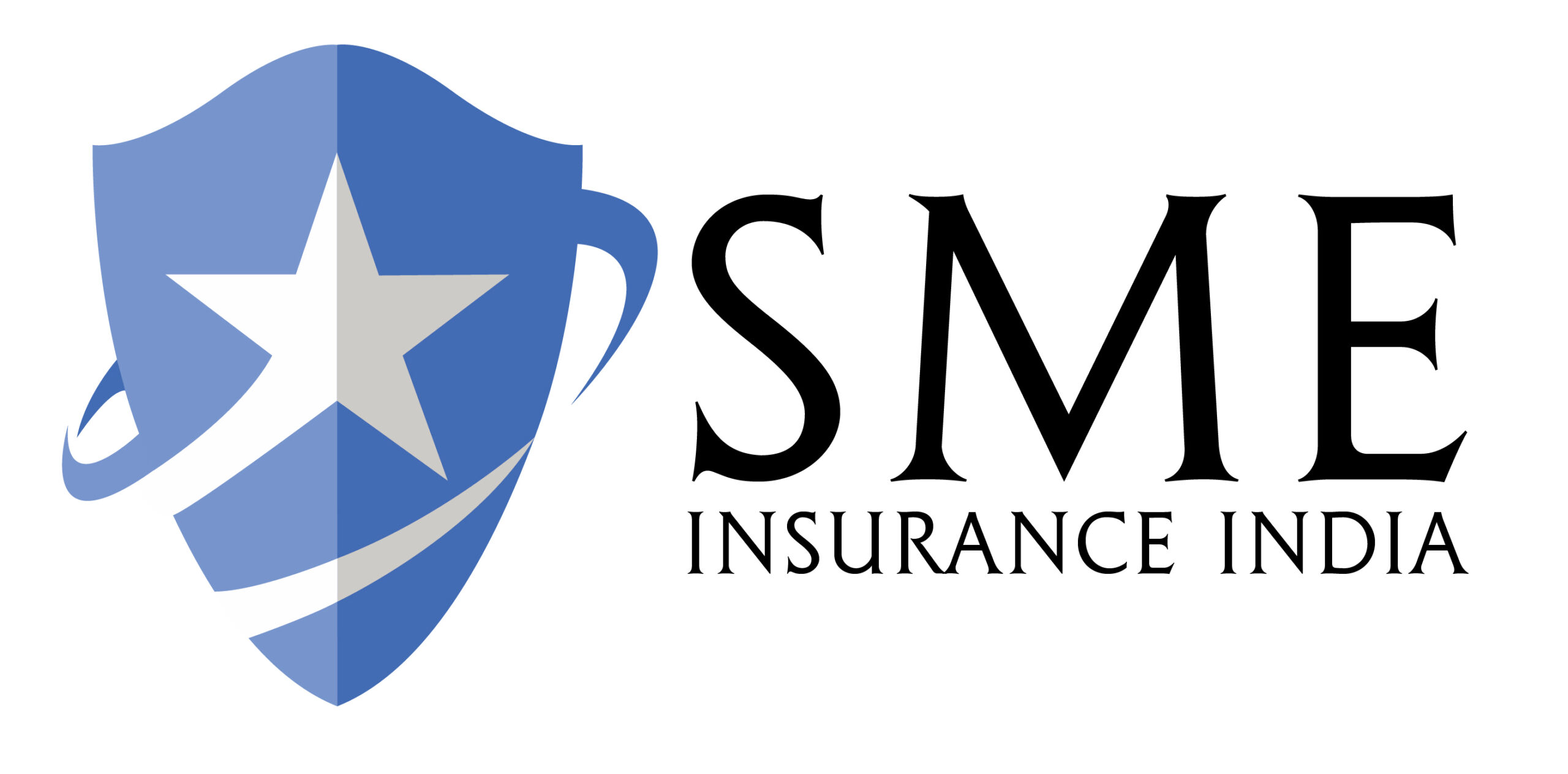Trade Credit Insurance – Protect Your Business from Bad Debts
Trade credit insurance (TCI) is a risk management tool that protects your business against customers’ failure to pay for products or services due to insolvency, defaults, bankruptcy, or political turmoil in countries where the trade partner operates. TCI reimburses companies when their customers are unable to pay due to insolvency or disrupting political conditions.
Salient Points:
– Trade credit insurance protects businesses from bad debts by reimbursing losses incurred due to customer insolvency or non-payment.
– Insurers price their policies based on the size and number of customers covered, their creditworthiness, and industry-specific risks.
– Companies can choose to insure all their buyers, a specific group, or just one trading partner.
– Many businesses lack this policy and instead opt for self-insurance, which can be more expensive due to the need to set aside a significant amount of working capital.
How Trade Credit Insurance Works:
Insurers assess a business’s risk by considering factors such as:
– Volume of trades
– Creditworthiness of buyers
– Repayment terms
Based on the financial strength of a client’s covered trade partners, insurance companies assign a specific credit limit. If a buyer fails to pay, the insurer covers losses up to that credit limit. Businesses can scale their insurance coverage to fit their budget and risk profile.
Benefits of TCI:
– Attract larger buyers by offering favourable credit terms
– Cash flow relief when debtors become insolvent or unable to pay
– Loss-mitigation strategy to remain competitive
– Economies of scale: offering better credit limits can lead to larger purchases and potential negotiations with suppliers
– Access to financing: lenders view insured trade receivables favourably
Any business, whether product-based or service-oriented, faces inherent risks of non-receivables. Trade Credit Insurance helps mitigate that risk, providing peace of mind.”

